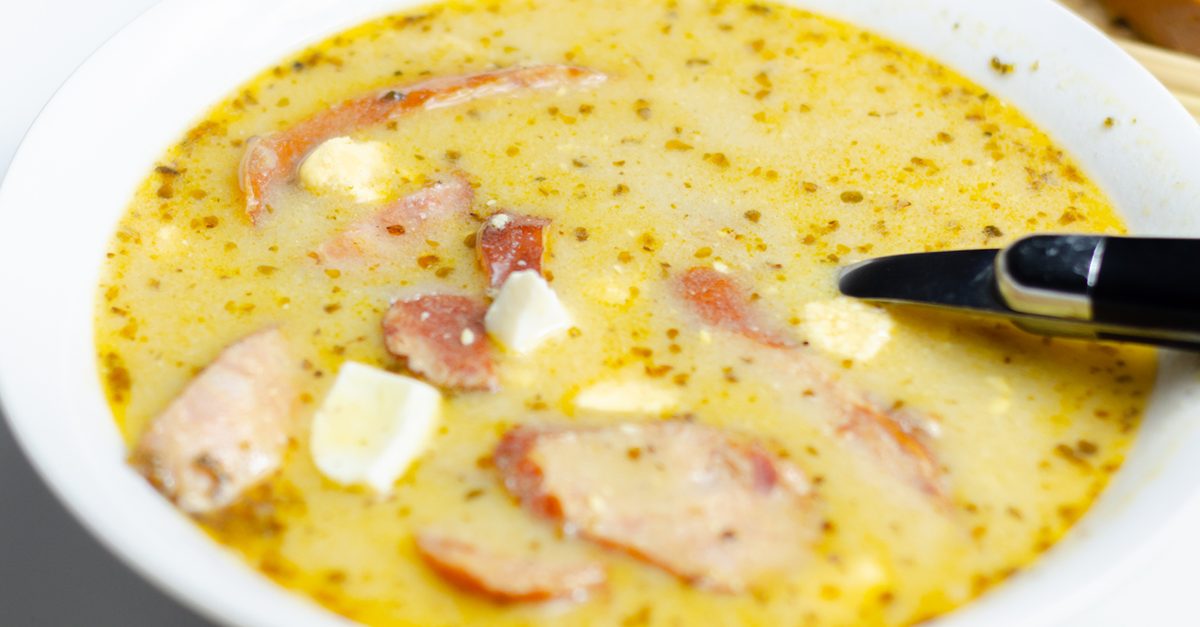7 Best Butter Substitutes in Baking
Preparing soft, delicious and fragrant desserts is always a good idea; making it without butter is not only possible but also very simple. Between vegan alternatives and some unexpected substitutes, here is a list of all the possible alternatives to butter with the right proportions and some tips to avoid mistakes.
;Resize,width=742;)
Very often we think that butter is necessary to prepare a homemade dessert; yet more and more often those who follow a vegan diet or those who are lactose intolerant show us how in the kitchen all the ingredients are important but not irreplaceable. Replacing the butter is therefore possible as well as simple; whatever the reason that prompts you not to use butter in your dessert recipes, here is a complete list of all the possible alternatives, the quantities to be used and some rules to follow to choose the most suitable alternative for your preparation.
1. Cream

Probably the most obvious and best known alternative to butter; cow's milk cream has a fat component very similar to butter and for this reason it is suitable for preparing delicious, tall and soft desserts. Rich in flavor and with a creamy texture, the cream is also very easy to work with and blends perfectly with the other ingredients. To obtain a homogeneous mixture at the right point using the cream, we suggest you weigh 125 grams for every 100 grams of butter. If you are lactose intolerant, you can also use vegetable cream but in that case we advise you to slightly reduce the amount of sugar.
2. Yogurt

Perfect for plumcakes and fluffy cakes, yogurt is an excellent solution if you don't want to use butter and still want to prepare delicious desserts, but at the same time lighter. Of soy, cow's milk one or Greek one (the least sweet and the densest of all), yogurt is also much less caloric than butter. To perfectly balance flavors and textures, the proportion is 125 grams for every 100 grams of butter you want to replace.
3. Ricotta cheese

A more simple alternative than the others, ricotta cheese is excellent for more moist preparations because, during cooking, it has the ability to "dry" the dough. Every 100 grams of butter can be replaced with 120 grams of ricotta cheese. If, while kneading, you realize that the mixture of your donut is too dry, you can add an egg or a glass of milk.
4. Peanut seeds oil

Let's start with vegan alternatives or for those who are lactose intolerant; with its neutral flavor we find peanut seeds oil in the first position, excellent because it does not in any way alter the taste of your homemade desserts. Every 100 grams of butter can be replaced with 80 grams of peanut seeds oil; corn, peanut or sunflower oils are the best.
5. Extra virgin olive oil

With a stronger taste than the peanut seeds oil one, extra virgin olive oil is an excellent alternative to butter but it must be used with caution. While it is true that extra virgin olive oil is less caloric than butter, it is also true that its marked flavor, if not dosed correctly, could ruin your donut; for this reason the proportions go downwards, for 100 grams of butter 60 grams of extra virgin olive oil will be enough.
6. Peanut butter

To be combined mainly with chocolate desserts, peanut butter has a very particular flavor and it is totally vegetal. Excellent for preparing the famous American cookies, less suitable for cakes and plumcakes, peanut butter has a very dense consistency and for this reason it is advisable to heat it in a bain-marie before adding it to the rest of the ingredients. How much to use? For 100 grams of butter, 60 grams of peanut butter will be enough.
7. Avocado pulp

We know that it will seem strange to you, but on closer inspection the avocado pulp has a very buttery consistency and a flavor that is not very marked; for this reason avocado pulp is an excellent alternative to butter even in sweet preparations. Before adding it to your dough, mash the avocado pulp with a fork or, if not ripe enough, blend it with a blender adding a tablespoon of water. About 60 grams of avocado pulp are enough to replace 100 grams of butter.
;Resize,width=767;)
;Resize,width=712;)
;Resize,width=712;)
;Resize,width=712;)
